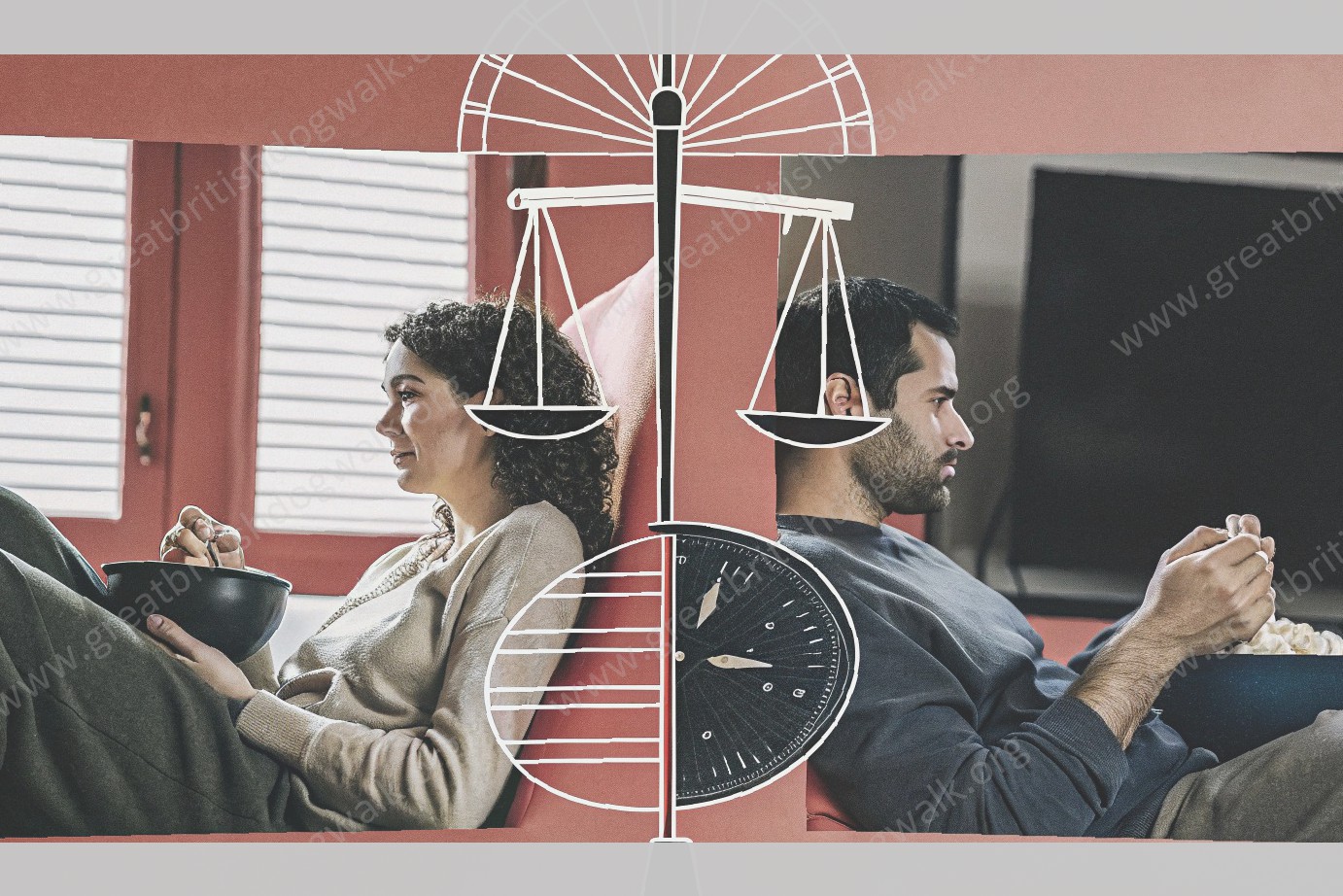What Is Common Law Marriage?
Common law marriage is a type of legal union for a couple that does not involve a marriage license or officiant. Instead, a common-law couple is recognized as legally married by their conduct , which generally includes living together for years and behaving as if they were a married couple. Common law marriage has its roots in English common law regarding informal unions, thus the name. Common law marriages were once very common in the United States; however, many states have since done away with them, including Nevada.
Does Nevada Have Common Law Marriage?
In Nevada, common law marriage is not recognized. The Nevada Revised Statutes governing marriage in Nevada include NRS 122.090, which states:
- 090 Certain marriages void; exceptions.
- A marriage which is prohibited by NRS 122.020 to 122.065, inclusive, is absolutely void from the beginning and may never be validated by the order of any court or by the cohabitation of the parties.
- The relationships specified under any one or more of the provisions of NRS 122.020 to 122.065, inclusive, except NRS 122.065, are putative relationships as defined in NRS 125.0655. The existence of a putative relationship is prima facie evidence that any preceding, subsequent or other existing marriage between the parties to the putative relationship is void. However, this subsection does not affect the division of property acquired during the existence of the putative relationship.
- Nothing in this section shall render void any divorce proceeding instituted pursuant to the provisions of NRS 125.010 to 125.240, inclusive.
NRS 122.020 prohibits and declines to recognize marriage between persons who are related by blood or affinity. NRS 122.040 prohibits marriage between persons under a specified age. If the prohibition does not apply, an individual can cohabitate with his or her intended spouse, representing themselves as married for all intents and purposes. More explicitly, if a man or woman is over the age of consent, the couple can represent themselves as married, live together, and have children, all without having a necessary certificate of marriage.
Once the marriage is performed in Nevada, the couple will receive a ‘Certificate of Marriage.’ A license must be obtained beforehand, and the couple must have an officiant or clergy involved, as well as an official witness. This is what differentiates a common law marriage from a traditional marriage. Even with a cohabitative relationship with the intent to marry, the marriage cannot be considered valid under the provisions of the Nevada laws.
Common Law Marriage History in Nevada
Historically, the topic of common law marriage hardly came up in Nevada. There actually have been no appellate cases or Supreme Court decisions over the last 150 years addressing the notion of common law marriage. There have been several older appellate cases, digital records for which date from 1947 to 1953. However, these cases did not stand for the fundamental proposition that common law marriage was recognized in Nevada, but instead were simply based upon the fact that the parties involved in the litigation had a common law marriage in a jurisdiction that allowed for such marriages. In other words, these cases recognized the existence of a common law marriage, but had no direct bearing on whether common law marriage existed in Nevada.
The first case in Nevada actually recognizing common law marriage dates to 1966, in the case of Smith v. Smith. The case involved a property settlement dispute between a husband and wife during divorce proceedings. The Supreme Court of Nevada found that the parties entered into a common law marriage in another state and therefore, the wife was entitled to an equal share of the property during the marriage.
In 2007, the Nevada Legislature enacted legislation stating that between July 1, 2000 and October 1, 2001, persons cohabitating with the mutual consent who represented themselves as spouses and acquired property as married persons were entitled to the same rights as persons married under law in the State of Nevada. The reasoning behind this legislation was that there were a number of couples who had lived together, acquired property and represented themselves as married persons and who would face a serious injustice if suddenly the legislature made it impossible to do so. The most significant aspect of this legislation was that it provided for a statute of limitations, requiring that, at the very latest, any claim for an equitable distribution of property was limited to the six months prior to the enactment of this new law. Therefore, statute of limitations always acted to bar such claims after six months, in the absence of fraud or misrepresentation.
But in 2011, the legislature changed their minds and enacted a new statute — NRS 122.050 – which made it clear with regard to the new status of common law marriage in Nevada. This statute specifically precludes any common law marriage in Nevada except in the case of having entered into a common law marriage in another state that recognizes such a marriage and the requirement that the couple must represent themselves as husband and wife. And any issues relating to equitable distribution of property must be raised within two years from the date of the cohabitation.
Alternative Legal Solutions In Nevada
While common law marriage is not an option in Nevada, there are other legal alternatives that can help a couple achieve the same result. Domestic partnership describes a legal relationship between domestic partners. A domestic partnership is a same-sex or opposite-sex relationship in which the parties agree to be in a committed and mutually supportive relationship. Domestic partnerships are available to opposite-sex couples who may not choose or not qualify to marry. Domestic partnerships have most of the rights and benefits of a marriage, but not all. For example, while it may be possible to inherit from the other partner or spouse through probate , bequest through will or trust is not automatic with a domestic partnership. Domestic partnership also does not confer immigration rights or rights to federal employee benefits. Domestic partners do not have the option to file federal income tax returns as married people.
Cohabitation agreements are written agreements created by a couple who lives together and has a sexual relationship. The parties may or not be in a romantic relationship. Cohabitation agreements may address financial issues, support and property distribution if the couple decides to separate. Cohabitation agreements may also be used to clarify matters such as which partner pays a particular utility bill or who is responsible for household chores.
Common Law Status in Other States
While Nevada does not recognize common law marriage, many other states do. This raises questions about the status of the common law marriage in those states when one of the parties moves to a no common law jurisdiction (such as Nevada) and wants to dissolve the relationship. The simple answer is that, as is the case under Nevada law, if you are married under the laws of the state you are in at the time of the marriage entry is different from the laws of the state where you reside or plan to reside in the future. Therefore, if the laws of the state where the marriage occurred allow for common law marriages and you were residing there at the time you met the other person and established a common law marriage you will be considered married in Nevada, even if no mutual agreement was made to consider each other as husband and wife by virtue of the passage of time. In other words, if you are married in Pennsylvania in June of 2015, you will be considered married in Nevada whether or not you had an agreement with the other person to be married, and regardless of whether or not you thought that you would be married for the rest of your lives.
Protection of Rights Without Common Law Marriage
While it can be tempting to believe that cohabiting couples in Nevada can be afforded all the rights and powers that a married couple has, this simply isn’t true. Therefore, if you’re in a relationship outside of marriage but desire to protect your rights and assets, there are plenty of options that you can explore apart from common law marriage. One of the most popular choices in Nevada is the use of a prenuptial agreement. Co-habiting couples who want to record a contract with the same legal weight as a traditional marriage contract should consider a prenuptial agreement. While there are restrictions on what a prenup can cover in Nevada, such as issues related to children or visitation, the agreement can be used to spell out exactly how assets will be divided in the event of a death or separation . Prenuptial agreements are especially useful for couples who come into the relationship with possessions or assets that they want to keep separate. While Nevada is not a community property state, an agreement can help protect one partner from the expense of a lengthy legal battle over the property in the event of separation. Along with a prenuptial agreement, estate planning is another option for protecting your assets and rights in the event of the death of a partner. For example, a carefully crafted will can help you ensure that assets like a jointly owned home or vehicles or items that you shared together are given to the right person after the death of a partner. If both partners have children from prior relationships, an estate plan can also be a way to ensure that those children are provided for after a partner’s death.


